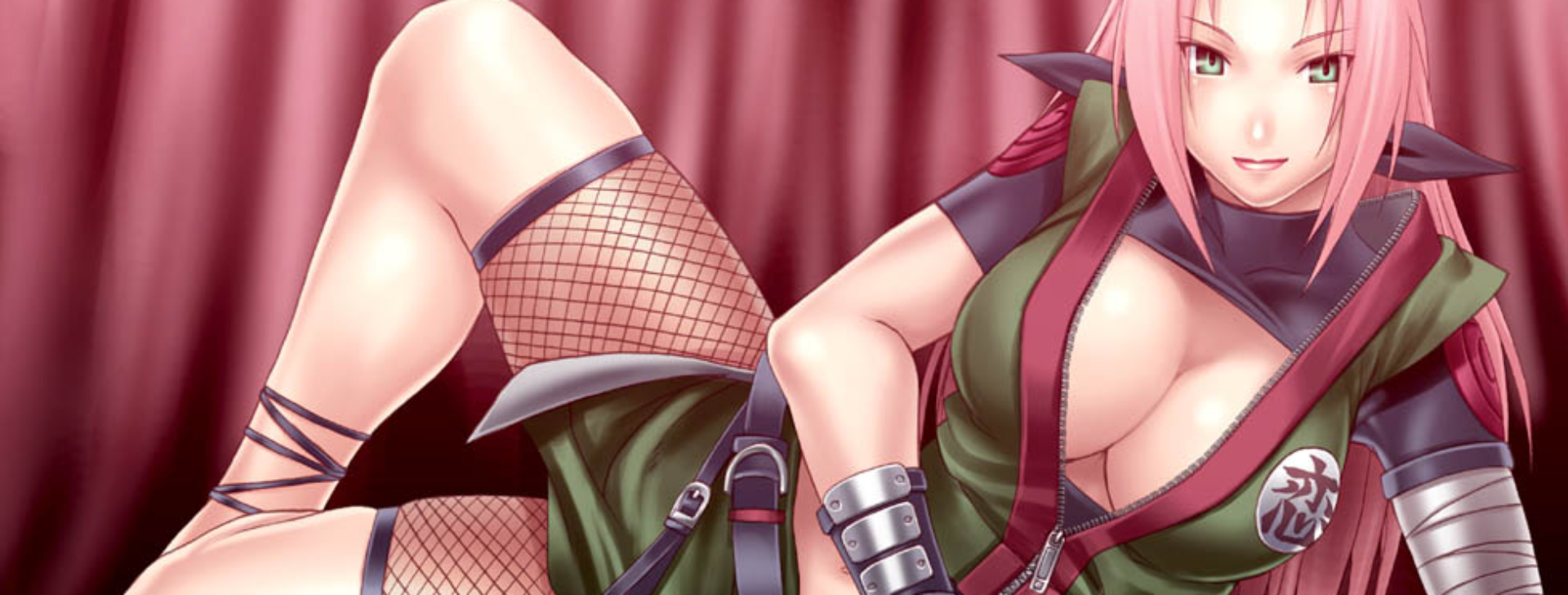This was beyond the boys, and they let it slip by, words and thoughts, as a mere senile wandering in the narrative.
“Our food-getters were called freemen. This was a joke. We of the ruling classes owned all the land, all the machines, everything. These food-getters were our slaves. We took almost all the food they got, and left them a little so that they might eat, and work, and get us more food—”
“I’d have gone into the forest and got food for myself,” Hare-Lip announced; “and if any man tried to take it away from me, I’d have killed him.”
The old man laughed.
“Did I not tell you that we of the ruling class owned all the land, all the forest, everything? Any food-getter who would not get food for us, him we punished or compelled to starve to death. And very few did that. They preferred to get food for us, and make clothes for us, and prepare and administer to us a thousand—a mussel-shell, Hoo-Hoo—a thousand satisfactions and delights. And I was Professor Smith in those days—Professor James Howard Smith. And my lecture courses were very popular—that is, very many of the young men and women liked to hear me talk about the books other men had written.
“And I was very happy, and I had beautiful things to eat. And my hands were soft, because I did no work with them, and my body was clean all over and dressed in the softest garments

“He surveyed his mangy goat-skin with disgust.
“We did not wear such things in those days. Even the slaves had better garments. And we were most clean. We washed our faces and hands often every day. You boys never wash unless you fall into the water or go swimming.”
“Neither do you Granzer,” Hoo-Hoo retorted.
“I know, I know, I am a filthy old man, but times have changed. Nobody washes these days, there are no conveniences. It is sixty years since I have seen a piece of soap.


Contributor comment.
Hello?